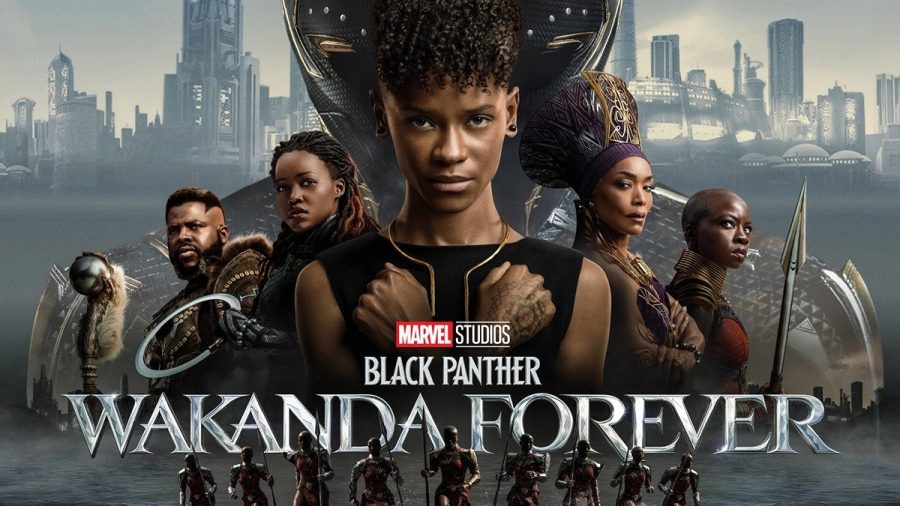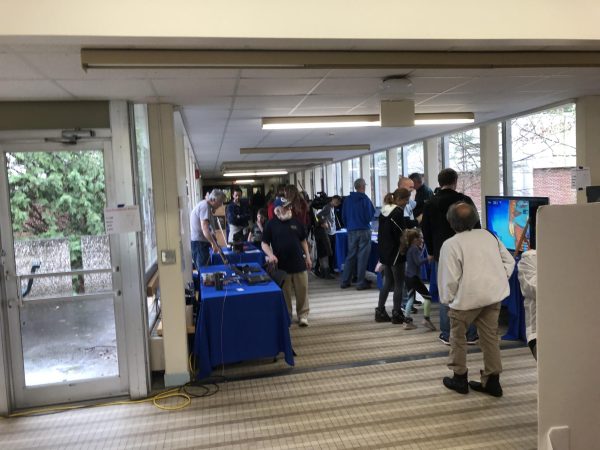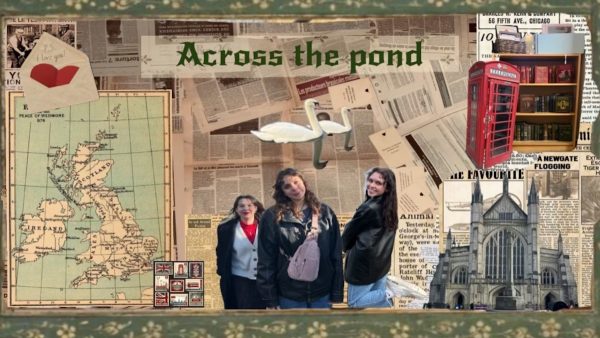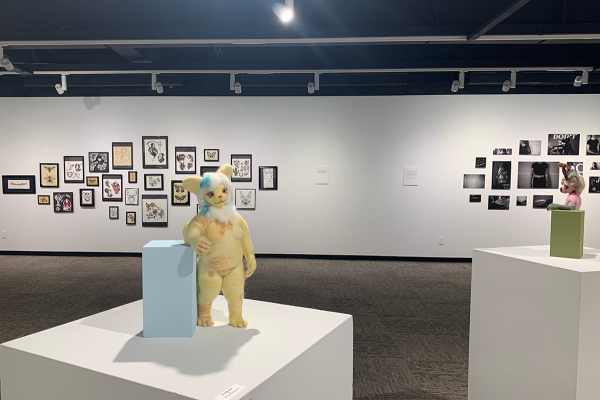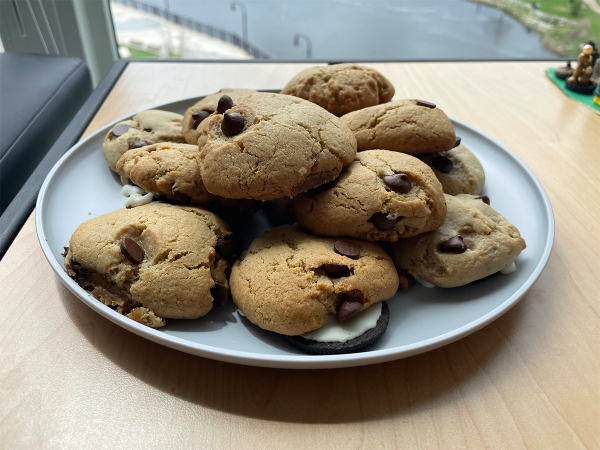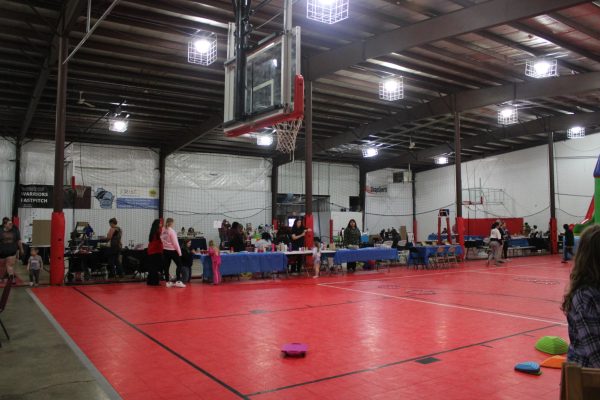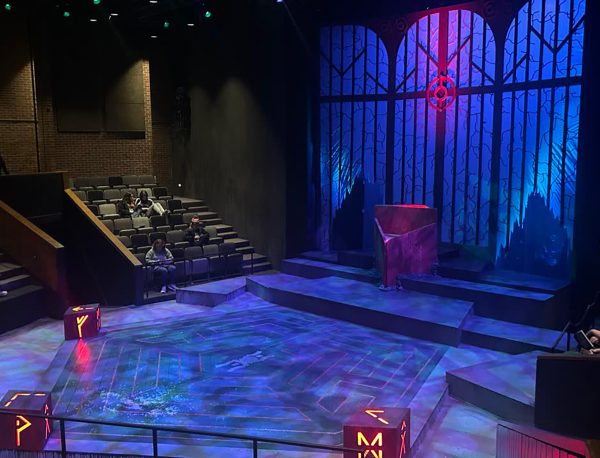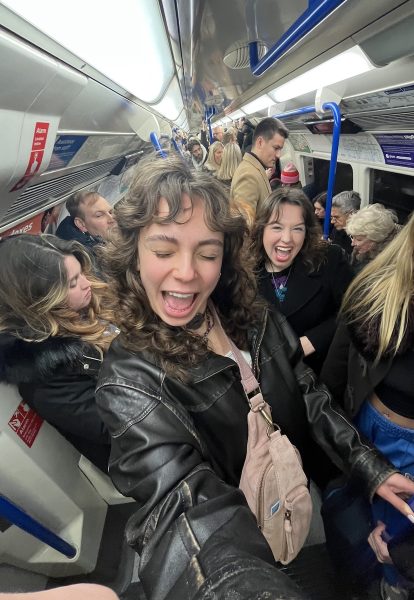“Black Panther: Wakanda Forever” Panel and Screening
Multicultural Student Services hosts an educational event for Black History Month
Photo by DISNEY PICTURES
Dr. Kati Barahona-López, Dr. Sarita Mizin and Dr. Heather Ann Moody explore the film “Black Panther: Wakanda Forever”
Multicultural Student Services collaborated with the University Activity Commission’s Campus Films Series to provide a screening of “Black Panther: Wakanda Forever” for Black History Month.
The film covers many themes. Most prevalent is “Wakanda Forever’s” symbolic representation of the historical relationship between Black people and water, according to KQED.
According to The Guardian, water runs through some of the darkest moments in Black history, like The Atlantic slave trade, which led to up to two million African people losing their lives during the two-month-long Middle Passage.
Or like in the 1940s and 50s when public pools and beaches became an integration battleground. People across the United States fought to keep out Black bodies, “fearing the relationships that might flow from so many near-naked bodies commingling,” according to The Guardian.
Anthony Wallace, student services coordinator, said, “Always being able to look for that depth in whatever you see in front of you. It doesn’t need to be the most obvious form of oppression for you to explore race or racism as well as knowing these things exist across genres and mediums; there is a place for those ideas in any setting.”
The screening preceded the event’s educational aspect, which included a dinner, faculty panel and trivia games with prize giveaways.
Dr. Kati Barahona-López, Dr. Sarita Mizin and Dr. Heather Ann Moody joined the panel to discuss the themes of the film, its influences and its meanings to enrich our community’s understanding of indigeneity and colonialism, according to Wallace.
The panel had questions like, “What parallels do you see between elements of the film and contemporary historical movements?” and “What do you think the conflict between Talokan and Wakanda represents contemporarily in relationships between communities of color?” for the panel to answer.
The goal of the event was to, “Generate some conversations and contribute to community building with staff and students of color during Black History Month. While recognizing the intellectual and artistic contributions of Black scholars and artists,” Sarita Mizin, assistant professor of women’s, gender and sexuality studies and English, said.
To remain on the theme of the event, the dinner was provided by “Taste of Jamaica” out of Wausau.
The trivia game prizes included a DVD copy of the movie, two futuristic-Afro art prints, a copy of “Between the World and Me” by Ta-Nehisi Coates, “Things Fall Apart” by Chinua Achebe and a Funko Pop.
Other events will be held during the rest of the month of February to celebrate Black History Month.
Jelani Cobb author, writer and educator is presenting an educational lecture entitled “The Half-Life of Freedom, Race and Justice in America Today,” which will take place on Feb. 22 from 7:30-8:30 p.m. in Schofield Auditorium
Cobb is a Peabody Award-winning journalist and a writer for The New Yorker and Dean of Columbia Journalism School.
His lecture will comprise discussions on the intersection of race, politics, history and American culture.
Multicultural Student Services will also be hosting “Black Essence,” which will be held on Feb. 28, from 5-9 p.m. in the Ojibwe Grand Ballroom at Davies Center.
This immersive event will “center on Black creative expression and challenge Eau Claire Community understanding of Black culture, Black history, Black gender expression, and more,” according to the MSS event page.
Spoken word artists Diamond Forde and Nabila Lovelace will open the evening. Closing the event will be Uncommon Denominator, voted Chippewa Valley’s best cover band.
Admission is $10 for college students and community members 18 and under. Adults and community members above 18 will pay $20.
Maxwell can be reached at [email protected].
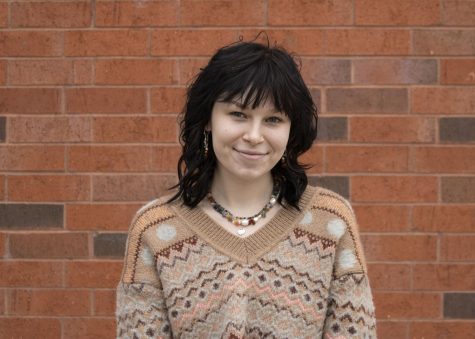
Bridget Maxwell is a fourth-year journalism and political science student, and this is her third semester on The Spectator staff. When she isn't writing for The Spectator, she is with friends sitting on the couch binging "Dance Mom's" or "It's Always Sunny in Philadelphia."

